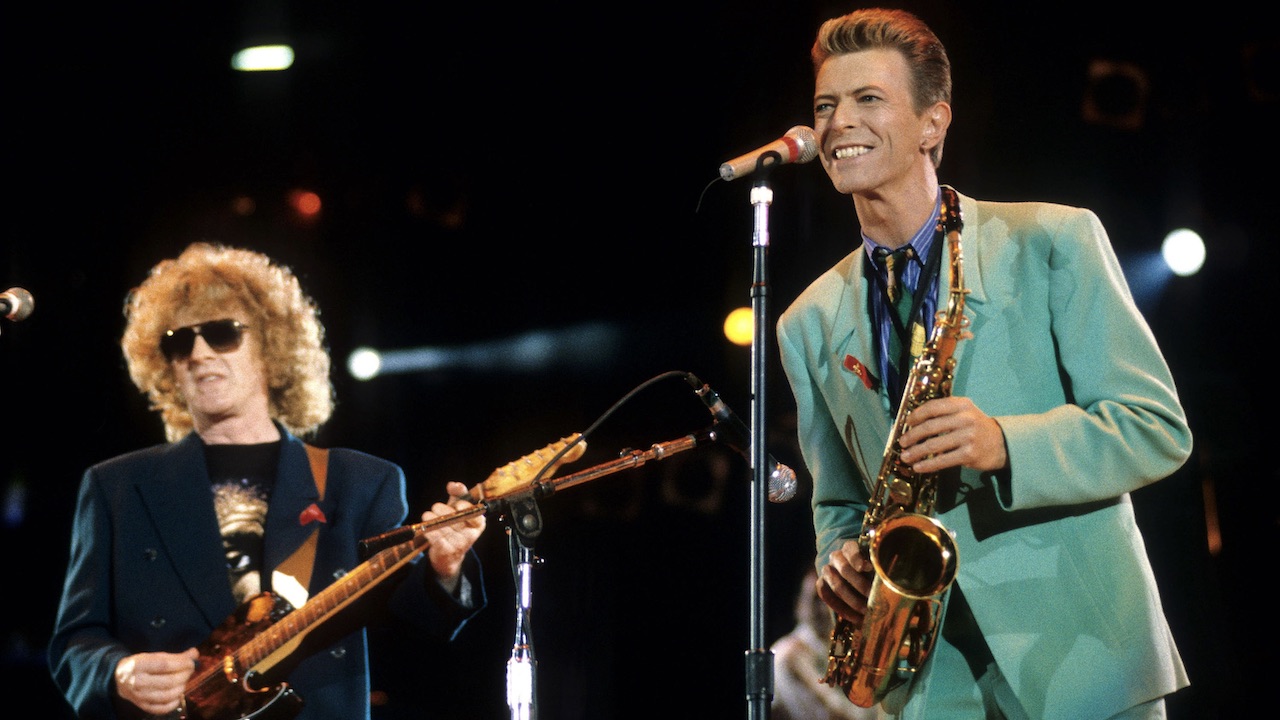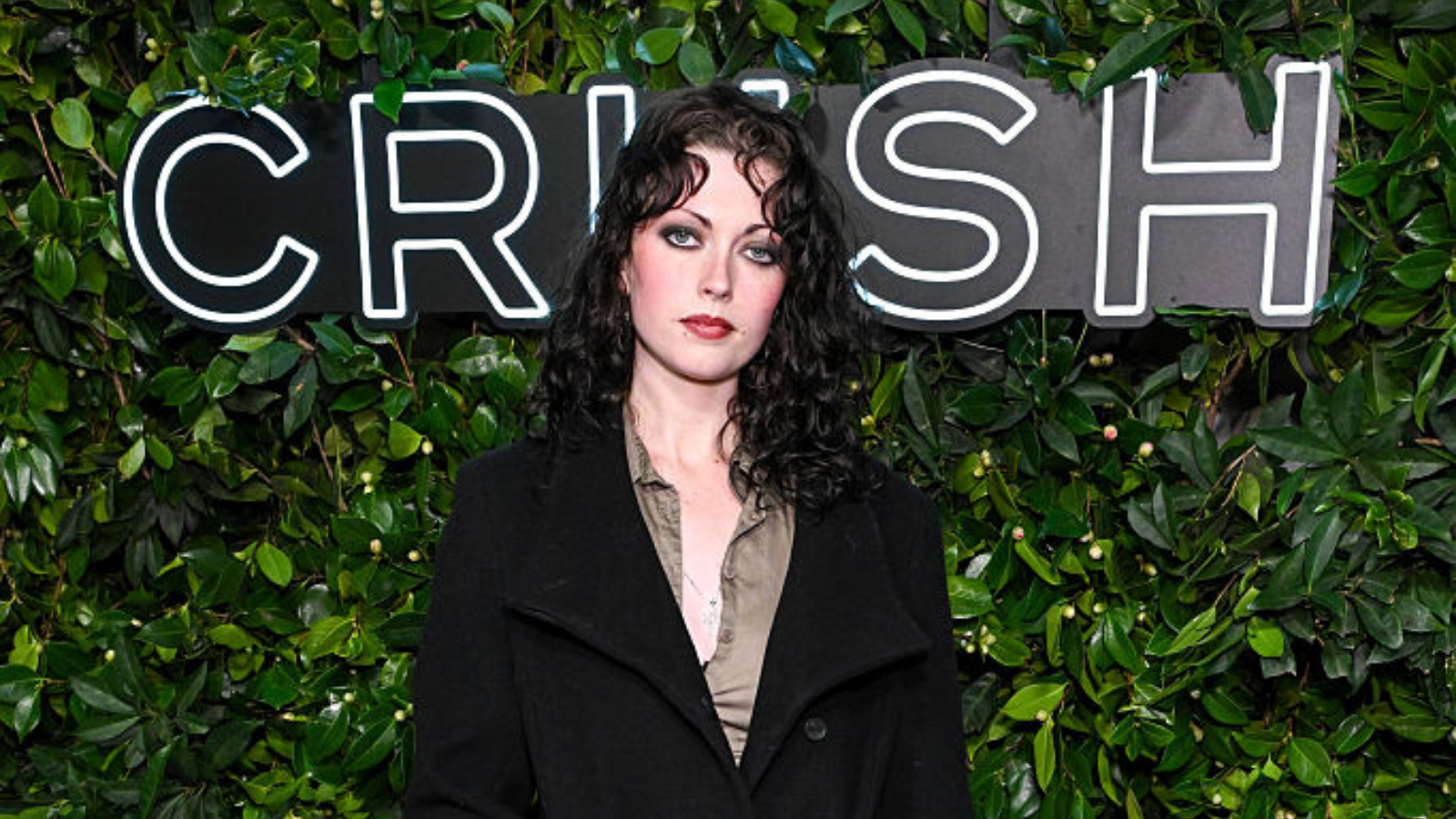David Bowie didn't just write Mott The Hoople's biggest hit, he single-handedly saved their career
David Bowie didn't just gift Mott The Hoople a great song, but taught them that to write great songs of their own, "every second of every bar had to have something special about it"

For most people, the story of Mott The Hoople begins in 1972, when their swaying, glam-pop anthem All The Young Dudes came out. But they’d already released four albums of varying quality by then, the increasingly muted response to which prompted them to split up – until the intervention of Mott diehard David Bowie. It was on the floor of Mainman management offices in London where Bowie played them his song All The Young Dudes on acoustic guitar. The great man was gifting them a track in the hope of getting them on an upward trajectory.
No one could have sold All The Young Dudes quite as effectively as Ian Hunter. Even Bowie himself recognised that his anthem needed an infusion of strutting, pugnacious, football terrace braggadocio way beyond Ziggy’s grasp. The former Mott The Hoople frontman was the only credible contender to carry the news back in ’72.
It worked: All The Young Dudes became a Number Three hit in the UK and rescued Mott The Hoople from oblivion, also bringing them under the wing of Bowie’s manager Tony DeFries. "It’s a great song," Hunter told Classic Rock's Scott Rowley. "God knows why he gave it to us. I’ve said that many times, but really, if I’d’ve had that song I wouldn’t have given it to anybody."
But Bowie did more than pass on a surefire hit, he also introduced them to a new way of doing things and broadened their horizons as songwriters. “What David gave us was fabulous, but we knew we couldn’t just keep doing this, we’d got to do our own songs too," he told Classic Rock's Mick Wall. "Also, you learn the level that a hit’s on – it seemed like every second of every bar there had to be something special about it. [Before Bowie’s largesse] we had no idea about that, we just wrote songs and played them in the studio.”
Perhaps he influenced them a little too much, because the story goes that they turned down Drive-In Saturday as a follow-up. “I don’t remember it that way, actually. I remember thinking I had a great arrangement for Drive-In Saturday, and I told the office that I wanted to do it. It came back to me that David didn’t want us to do it. Now David tells exactly the opposite story. The only thing I can think of is that DeFries didn’t want us to do it, and told David we didn’t want to do it, and told us David didn’t want us to do it. [But] I wanted to do it.”
By then, they’d already gathered momentum on their own two feet, with the Hunter-penned classics Honoloochie Boogie, Roll Away The Stone and All The Way From Memphis showing off their own chops. But none of it would’ve been possible without the assistance of their biggest fan. Still, despite their professional relationship, Hunter admitted to Classic Rock that the pair were never exactly friends. "David was great all the time I knew him, but he wasn’t a guy I would have hung out with. Nothing personal.
"We got on fine in the studio. I went out with him a couple of times, but I don’t make mates easy. I never did. And when I do make a mate, it’s for life. He was a friend like lots of people you meet along the way. David was extremely ambitious. He’d been around."
Sign up below to get the latest from Classic Rock, plus exclusive special offers, direct to your inbox!
Niall Doherty is a writer and editor whose work can be found in Classic Rock, The Guardian, Music Week, FourFourTwo, Champions Journal, on Apple Music and more. Formerly the Deputy Editor of Q magazine, he co-runs the music Substack letter The New Cue with fellow former Q colleague Ted Kessler. He is also Reviews Editor at Record Collector. Over the years, he's interviewed some of the world's biggest stars, including Elton John, Coldplay, Radiohead, Liam and Noel Gallagher, Florence + The Machine, Arctic Monkeys, Muse, Pearl Jam, Depeche Mode, Robert Plant and more.

